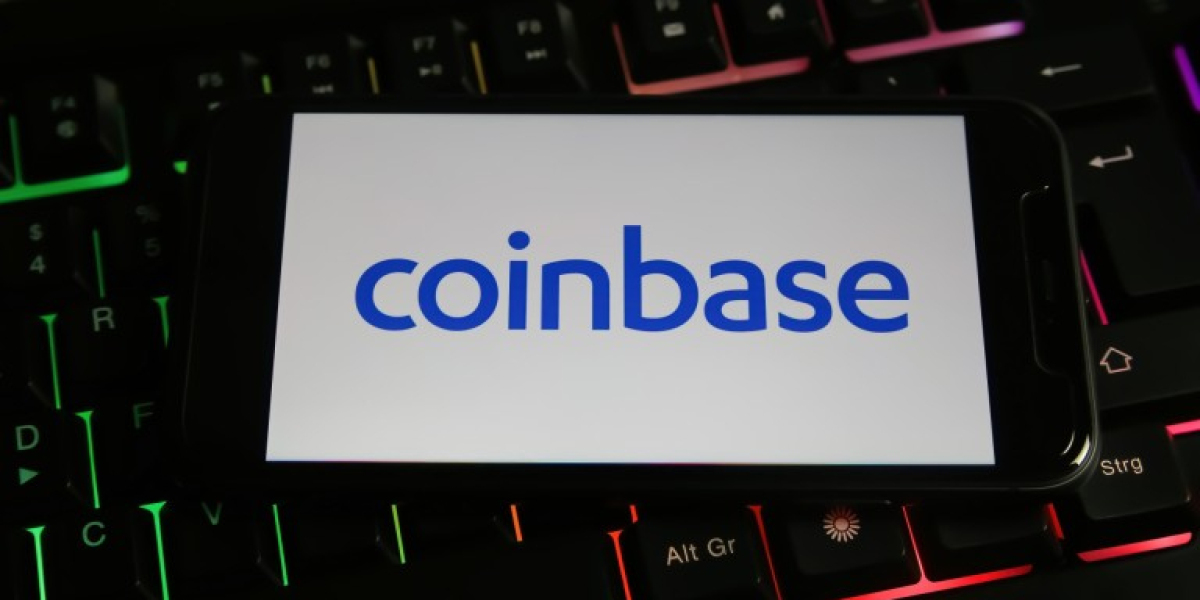Coinbase has announced a major expansion in Africa, covering 20 countries in partnership with Yellow Card, an African stablecoin exchange arena. This move marks a significant step in making blockchain technology more accessible in emerging economies. It introduces millions Africans to the US Dollar Coin (USDC), facilitating swifter and more cost-effective transactions.
Beginning in February, this collaboration enables about half of the continent’s population to purchase USDC directly through the Coinbase Wallet app. This initiative is particularly impactful in countries such as Nigeria and South Africa, where cryptocurrency usage is rising, with 47% and 22% of adults engaged in crypto as of 2022. By introducing USDC on Base, Coinbase’s decentralized Layer 2 platform provides a stable and efficient alternative to traditional, often volatile fiat currencies.
Revolutionizing Remittances and Commerce
One of this partnership’s most significant impacts lies in the remittances domain. In many developing countries, remittances can constitute up to 20% of the GDP. With this new arrangement, maximum remittance fees are capped at 2%, a substantial decrease from the traditional 3% to 6%.
Moreover, transactions are processed in minutes or seconds, contrasting the previously required days-long process. This development is a boon for small and medium enterprises (SMEs) in Africa, which, while forming a large part of the global economy, often face hurdles in accessing USD and Euro accounts. Access to USDC allows these businesses to connect seamlessly with the global financial market.
The expansion aligns with Coinbase’s “Go Broad, Go Deep” strategy, signifying a comprehensive plan for compliant international expansion. “Go Broad” aims to facilitate market entry in regions with limited economic freedom, while “Go Deep” involves engaging with local payment regulators in more developed markets. With its young demographic, Africa is an ideal candidate for this strategy. Most global crypto owners are under 34, indicating a generational shift towards digital currency. Young Africans, already adept with mobile technology, are expected to gravitate towards the benefits of cryptocurrencies – speed, reach, and autonomy – over traditional banking systems.
Despite the growth in the crypto market in Africa, policy challenges remain. Concerns include the potential use of cryptocurrencies for illegal fund transfers and evading capital outflow regulations. Their widespread adoption could also destabilize monetary policy and financial stability. For instance, the Central African Republic’s recent adoption of Bitcoin as a legal tender, following El Salvador, conflicts with CEMAC regulations.
In response to these challenges, the Central Bank of Nigeria (CBN) reversed its ban on cryptocurrency transactions last month, acknowledging the global trend and the need to regulate the sector. This move came after the initial prohibition in February 2021, aimed at preventing money laundering and terrorism financing.
Subsequently, Nigeria’s SEC introduced regulations for digital assets in May, showing an attempt to find a balance between an outright ban and unregulated use of crypto assets.







